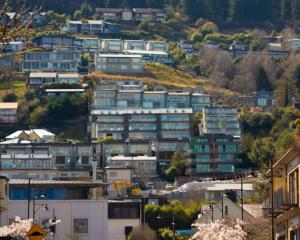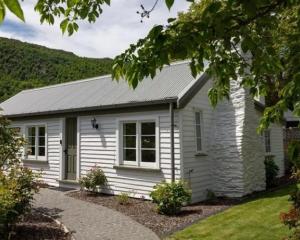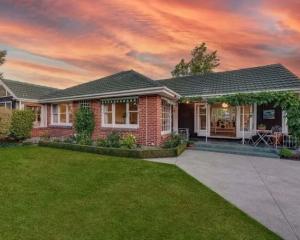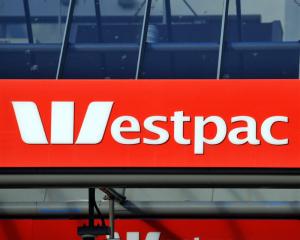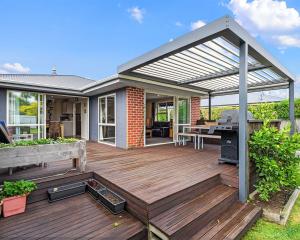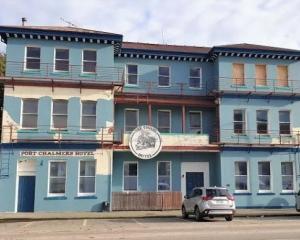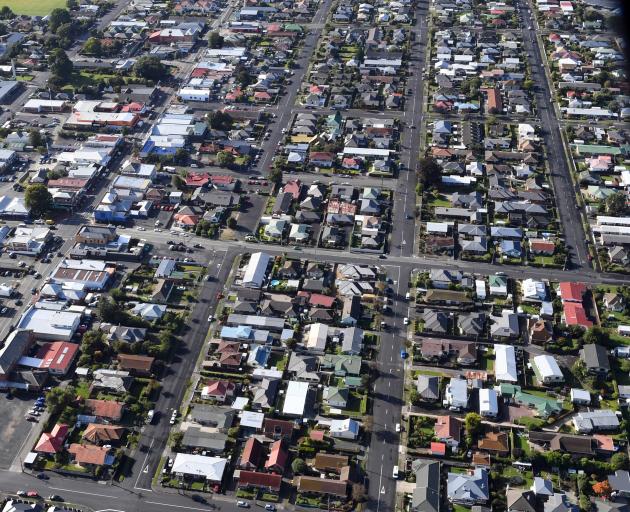
The latest numbers from Stats NZ show that Otago and Southland households paid a little over $1000 a month on average rental and mortgage costs for the year to June 2019 — the lowest level in New Zealand.
South Islanders outside Canterbury averaged $12,459 in housing payments over the same period, about 18.5% of their average household’s disposable income of $67,181.
Canterbury residents, for their part, paid a bit more — $16,036 in housing related costs, just under a fifth of their average disposable income of their average earnings of $83,013, the agency says.
At the other end of the spectrum Aucklanders forked over $22,657, or 23.8% of their disposable income in housing costs.
The Stats NZ numbers show that New Zealand-wide, households spent an average of $17,227 which, while only nominally up from 2018 levels, represents a 45% increase on the $11,887 average paid in 2009, a 3.8% year on year compound growth rate.
In terms of average annual household income, Otago and Southland came in on the low end of the scale at $87,057 and $85,233 respectively, the West Coast, Marlborough and Tasman region at an average of $80,325.
In a statement, Stats NZ income and poverty statistics manager Chris Pooch said although rents had increased, housing costs were offset last year by lower mortgage interest payments and property rates.
Across all households, including those that do not pay rent at all, property and ground rents were up by 10.5% from $110.80 to $122.50 a week.
Otago Chamber of Commerce chief executive Dougal McGowan said, in the Otago context, ongoing house price and rental escalations could well change the scenario.
‘‘Household income in Otago is certainly not rising as fast as house prices are.
‘‘The implication is that there is a lot less discretionary spend for certain parts of the regional economy as income grows at a slower rate than inflation.
‘‘Our economy will need annual GDP growth of approximately 2.5% to meet or exceed the Dunedin Economic Development Strategy targeted income increases of $10,000 for each person by 2023.’’

